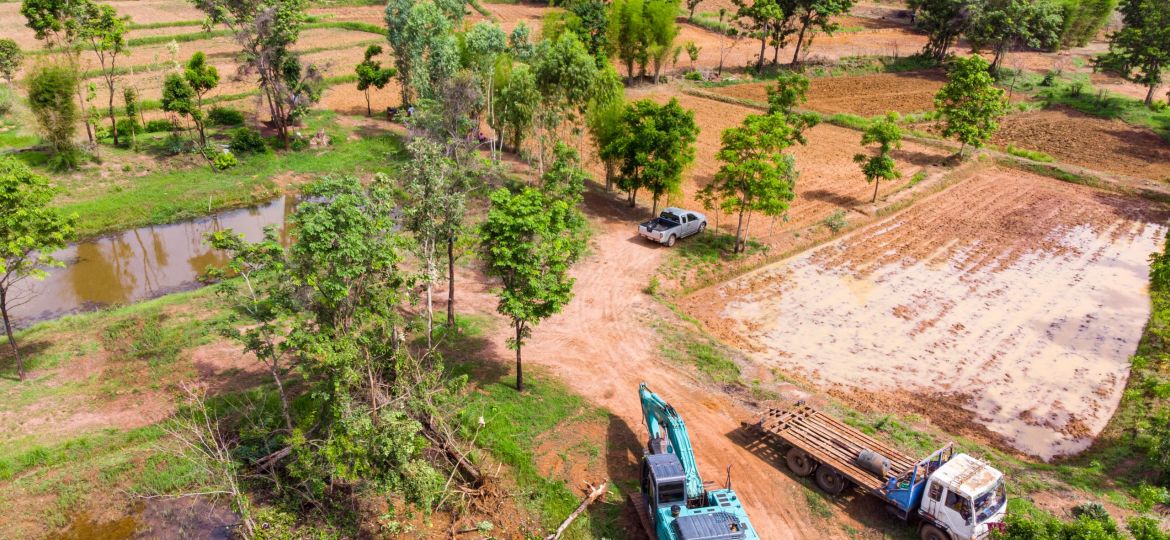The Environmental Impact of Dietary Choices
Meat production and processing have long been recognized as significant contributors to environmental degradation and climate change. It’s crucial to shed light on this pressing issue and encourage our readers to consider the environmental consequences of their dietary choices. In this article, we will explore the profound impact of meat production and processing on our planet and highlight sustainable alternatives that can help mitigate the environmental crisis.
Land and Water Usage:
Meat production demands vast amounts of land and water resources. Livestock requires substantial grazing areas and feed crops, leading to deforestation and habitat loss. Additionally, animal agriculture accounts for a significant portion of global water consumption. By shifting towards plant-based diets, we can conserve precious land and water resources, allowing ecosystems to thrive.
Greenhouse Gas Emissions:
The meat industry is a major contributor to greenhouse gas emissions, surpassing the combined emissions of the transportation sector. Livestock production releases methane, a potent greenhouse gas, during digestion and manure management. Moreover, the production and transportation of animal feed contribute to carbon emissions. Embracing plant-based alternatives reduces the carbon footprint associated with our food choices and helps combat climate change.
Deforestation and Biodiversity Loss:
To meet the increasing demand for meat, vast areas of forests are cleared for animal agriculture. Deforestation not only eliminates vital carbon sinks but also destroys habitats for numerous species, leading to biodiversity loss. By reducing our reliance on meat, we can play a vital role in preserving forests and protecting the diversity of our planet’s ecosystems.
Water Pollution and Resource Depletion:
Animal waste and the use of fertilizers for feed crops contribute to water pollution, contaminating rivers, lakes, and oceans. Moreover, meat processing facilities generate vast amounts of wastewater, which often contains harmful chemicals. By opting for plant-based alternatives, we can reduce water pollution and alleviate the strain on our freshwater resources.
Overfishing and Ocean Ecosystems:
Meat consumption extends beyond land animals; it also includes seafood. Overfishing and destructive fishing practices have wreaked havoc on marine ecosystems, depleting fish populations and causing irreversible damage to coral reefs and coastal habitats. Choosing plant-based options and supporting sustainable fishing practices can help preserve marine life and ensure the health of our oceans.
As you can see, the environmental impact of meat production and processing is undeniable. By understanding the consequences of our dietary choices, we can make informed decisions that promote a more sustainable future. Embracing a plant-based lifestyle or reducing our meat consumption not only benefits our environment but also supports the well-being of animals and human health. Let us join hands and actively contribute to a more sustainable and compassionate world through our dietary choices.


